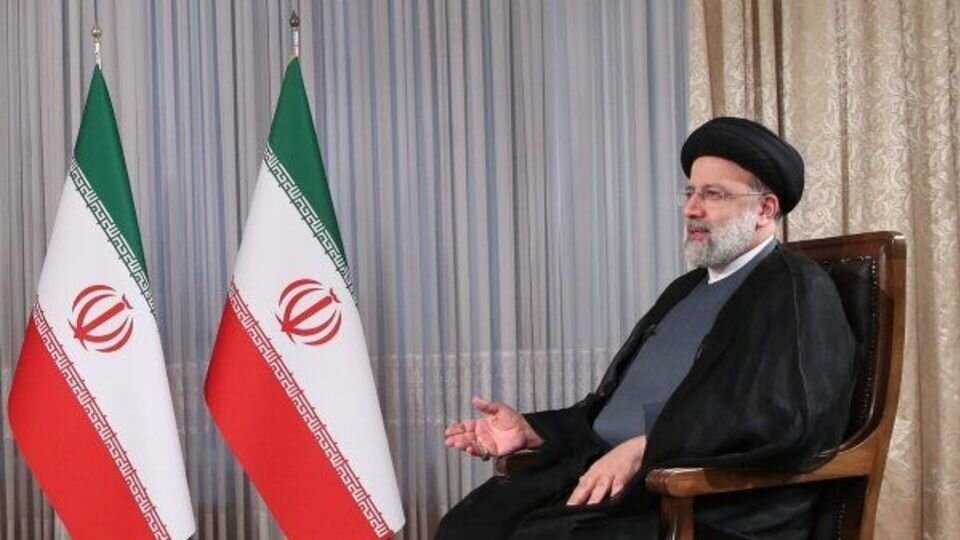Raisi says he lamented France’s passiveness regarding JCPOA

TEHRAN— Speaking in his 7th live interview since he took office late on Wednesday, President Ebrahim Raisi said he lamented France and its President Emmanuel Macron for its passiveness regarding the Joint Comprehensive Plan of Action (JCPOA), the official name for the 2015 nuclear deal.
Speaking about his meeting with Macron in New York on the sidelines of the 77th United Nations General Assembly, Raisi said that the main point he emphasized was that the Americans unilaterally withdrew from the JCPOA and the Europeans failed to fulfill their obligations.
“Mr. Macron agreed that the Europeans did not fulfill their commitments. I said that this time we should focus on adherence to commitments. Our positions were such that he said that he will personally go and talk to the Americans and Europeans and will explain our positions to them and will inform us about it,” the president stated.
Emphasizing that the West should provide guarantees that they will not again renege on their commitments in order to reach a good agreement, he clarified that Iran witnessed once that the U.S. withdrew from the JCPOA and the Western governments did not fulfill their commitments, so Iran must make sure it would not get caught in the same status again.
Explaining the details of his meeting with Macron which was scheduled for 45 minutes but it ran twice the original plan, Raisi said that he told Macron that he is negotiating with Iran on the one hand and proposing a resolution to the IAEA Board of Governors on the other.
“These issues do not go together and the point I emphasized to Mr. Macron was that you as Europe, how much do you follow in the footsteps of the Americans? Why are you following America with so much history behind your country? Of course, he said that his position is independent from the U.S.,” the president said.
The president continued by saying that despite Macron's attempt to justify the political approach of the IAEA, he told the French leader that there are many examples of the agency's politicized approach.
“First, sometimes the IAEA chiefs come to Tehran and after visiting our nuclear industry, they officially announce that there has been no deviation in Iran's nuclear activities, but as soon as they return to Europe, they are contacted by the Zionist regime. It is possible that their tone and rhetoric will change, which is a sign of a political approach to the issue,” he illuminated.
Raisi clarified that he asked Macron why France is paying attention to the suspicions being raised against Iran's nuclear activities, but when the IAEA confirmed 15 times the lack of deviation in the nuclear activities of the Islamic Republic of Iran, France didn’t take notice of that.
Macron made a general comment on situation of human rights in Iran
In response to a question from the interviewer that Macron raised domestic politics in Iran, the president said, “No, there was no discussion on this issue in this meeting and only a general comment was made about the human rights situation in Iran, to which I replied that you know very well that today we are in the position of the claimant in the issue of human rights and attention to human rights issues are not because of your positions or demands, but due to the nature of the Islamic Republic.”
The president continued, “I told Mr. Macron that since the beginning of the victory of the Islamic Revolution, paying due attention to human rights has always been emphasized, both inside the country and our own citizens, and in all parts of the world, and then I gave an example of human rights violations in Europe and America and said right where you and I are present (New York), how many human rights violations happen? Why is there no protest against them? This double standard of yours is definitely a problem and makes the world not believe your words especially in these issues.”
